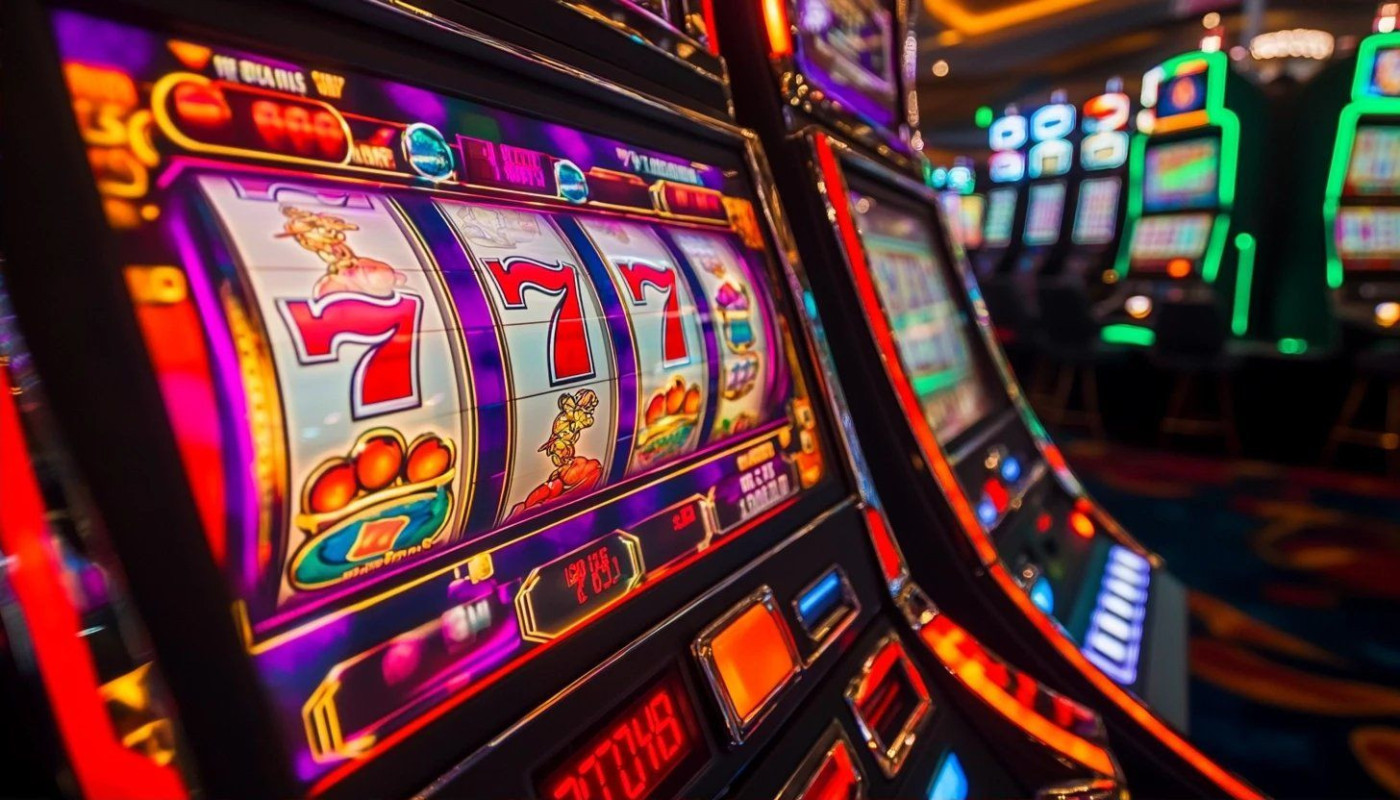Table of contents
Curiosity often surrounds the allure of progressive jackpots, with many wondering if the chance at life-changing wins outweighs the odds. This engaging exploration dives deep into the mechanics and realities behind these captivating jackpot games. Discover what sets progressive jackpots apart and decide if chasing these massive prizes could potentially be a worthwhile pursuit.
Understanding progressive jackpots
Progressive jackpots represent a dynamic prize pool mechanism commonly featured in online casino games and traditional slot machines. Unlike fixed jackpots, which offer a static, predetermined payout, progressive jackpots increase incrementally as players place bets. Each wager contributes a small percentage to the jackpot pool, which continues to grow until a player lands the winning combination. The concept of progressive jackpots originated in land-based casinos during the 1980s, with slot machines linked together to create a networked prize pool. This innovation evolved rapidly with the advent of online casinos, enabling even larger networks and more substantial jackpot amounts. A technical aspect crucial for players is the seed value, which refers to the minimum starting amount of the jackpot after a win resets the prize pool. A higher seed value can make a jackpot more attractive, influencing jackpot odds and player strategies. Over time, the expansion of progressive jackpots across various casino game formats has made them a staple attraction, drawing players with the allure of life-changing wins.
Analyzing jackpot odds
When evaluating jackpot odds for progressive prizes, it is essential to understand how these odds differ from those of standard casino games. Progressive jackpots operate using a random number generator (RNG), a sophisticated algorithm that ensures each outcome is entirely random and independent of previous results. This technology underpins both slot machines and other digital games, making the calculation of winning chances a highly technical process. In the case of progressive jackpots, the odds of hitting the top prize are usually far lower than for fixed-payout games due to the growing size of the progressive prize. This is because the game must balance frequent smaller payouts with the accumulation of funds into the massive jackpot, which is only awarded on rare occasions.
The calculation of these odds involves analyzing the number of possible symbol combinations on the reels and the probability of landing the specific combination required to trigger the jackpot. For instance, in a typical progressive slot, there could be millions or even billions of possible outcomes, making the odds of winning the jackpot exceedingly slim—often in the range of one in several million spins or worse. By comparison, games like roulette or blackjack offer much more favorable odds on certain bets, though these payouts are significantly smaller. The house edge on progressive jackpot games is also affected by the jackpot size; as the prize grows, the theoretical return to player (RTP) can increase slightly, but the huge disparity in probability means most players will never hit the top prize. Understanding these factors provides a clear perspective on the risk versus reward dynamic of chasing progressive jackpots compared to other casino offerings.
Impact on player betting behavior
The allure of progressive jackpots significantly shapes player behavior, often driving individuals to adjust their betting strategies in pursuit of life-changing wins. The phenomenon known as jackpot fever describes this intensified excitement and risk-taking when prize pools reach substantial figures. Behavioral psychologists note that the possibility of massive rewards can overshadow rational decision-making, causing players to focus on the potential payout rather than the actual odds of winning. The concept of expected value (EV) becomes central here; as jackpots grow, the EV of a bet can increase, but the risk reward balance remains heavily skewed in favor of the house in the long run. Many players, influenced by optimism bias and the thrill of anticipation, may disregard statistical realities and invest more than usual. Understanding how progressive jackpots work, like this, can help explain why so many individuals chase these elusive prizes despite the long odds.
Evaluating payout frequencies
Understanding payout frequency in the context of progressive jackpots is vital for any player seeking insight into their chances of winning. Progressive jackpot wins occur less frequently than standard slot payouts because the prize pool accumulates over time from many losing bets. According to a gambling statistics expert, the volatility index, which measures risk and reward in these games, is significantly higher for progressive jackpots. This means that players can expect long periods without any major wins, punctuated by rare but substantial jackpots. Some progressive slots, for instance, are programmed to trigger a jackpot only after thousands or even millions of spins, with random jackpot triggers or set payout thresholds based on contributions to the pot. Patterns show that while smaller progressive slots may payout every few weeks, the largest networked jackpots, such as those in popular online casinos, often hit only a few times per year. Factors influencing these frequencies include the slot’s algorithm, the total bet volume, and specific game rules, making the volatility index a key indicator for predicting how often significant wins might occur. For players, this means accepting that the thrill of chasing a life-changing win comes with infrequent rewards and long sequences of minimal returns.
Deciding if they are worth it
When weighing progressive jackpot value, understanding jackpot pros cons is vital for the savvy player. On one hand, progressive jackpots offer the allure of life-changing prizes that can be won from a single spin, creating excitement unmatched by fixed-payout games. On the other hand, the odds of winning are typically much lower, and contribution rates from each wager mean regular payouts are often smaller. For those interested in responsible gambling, integrating risk management and bankroll tips into play is key. Set strict budget limits, avoid chasing losses, and never view jackpots as a guaranteed source of income. Emphasizing responsible gambling and honest risk assessment helps maintain a healthy balance between entertainment and financial safety, ensuring that the enjoyment of playing remains within realistic expectations.












